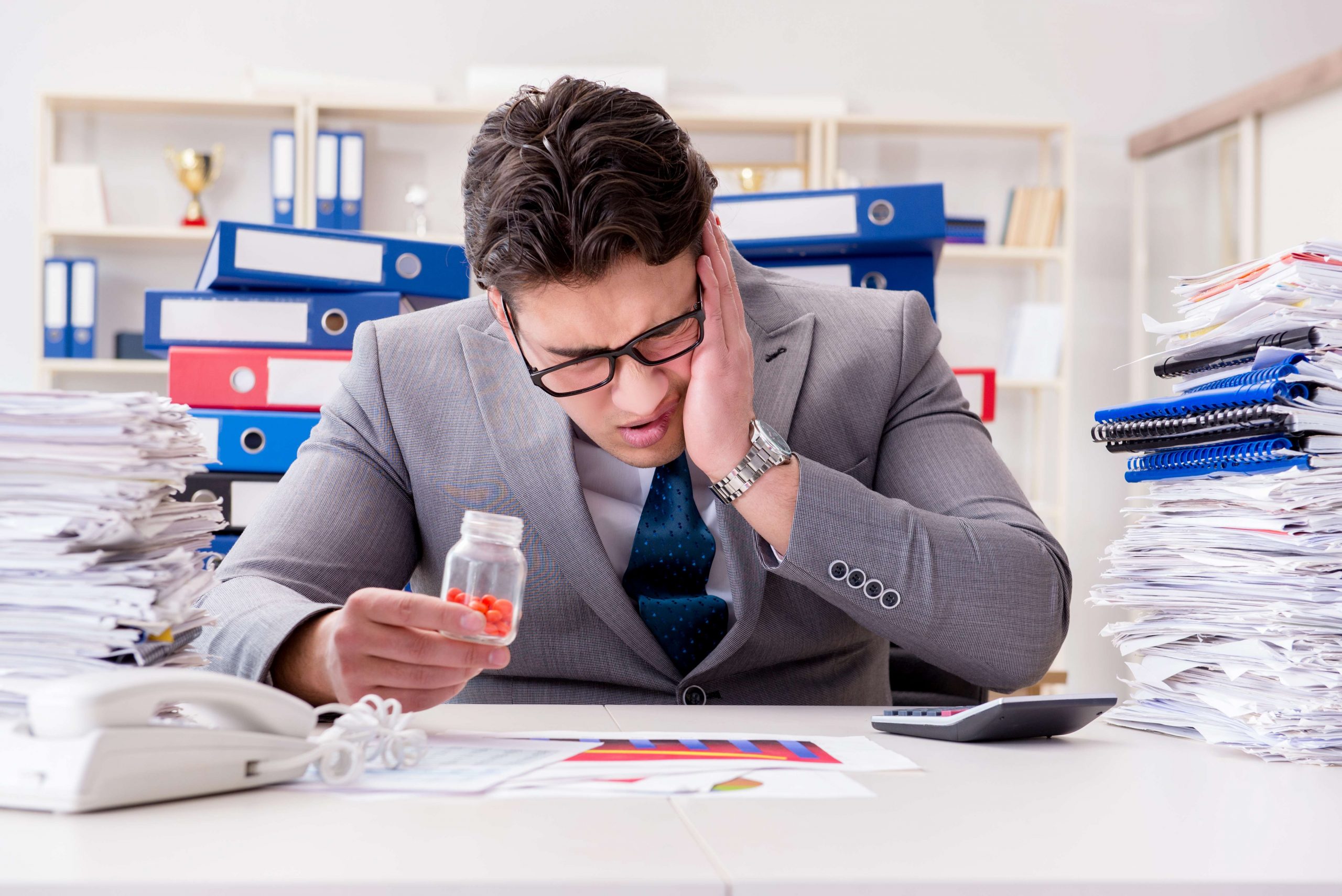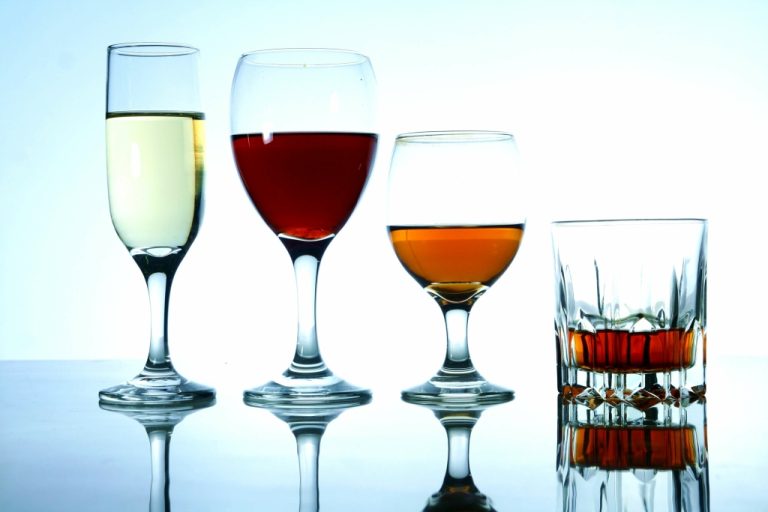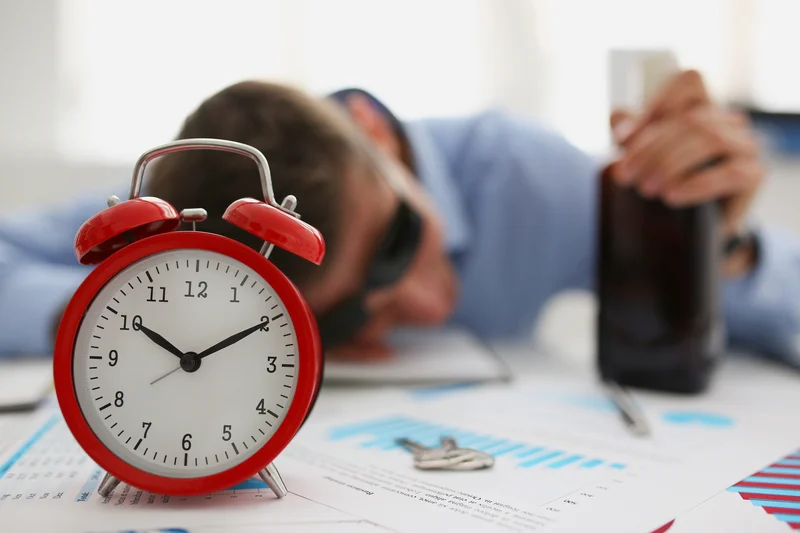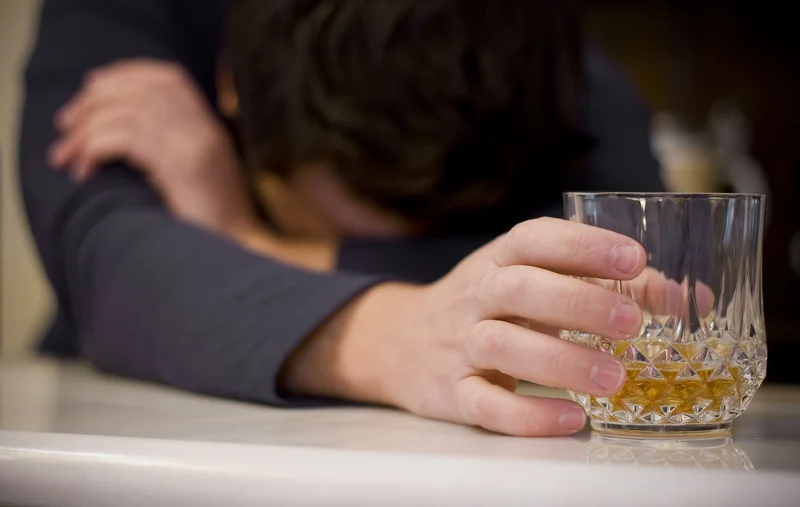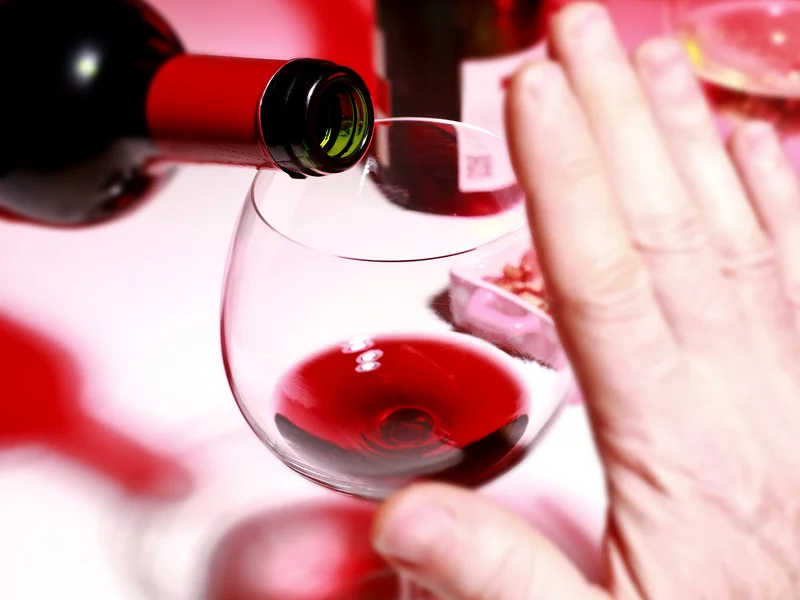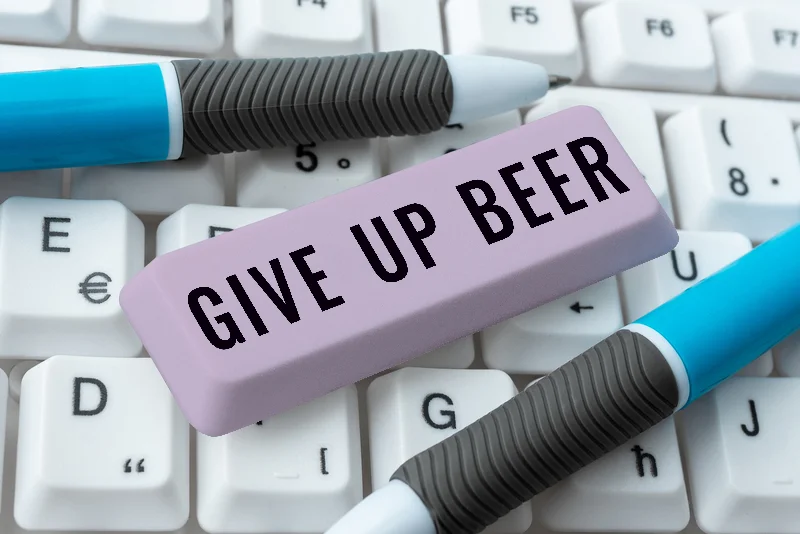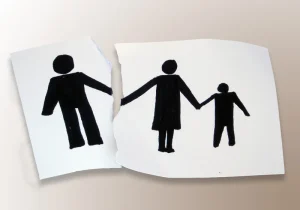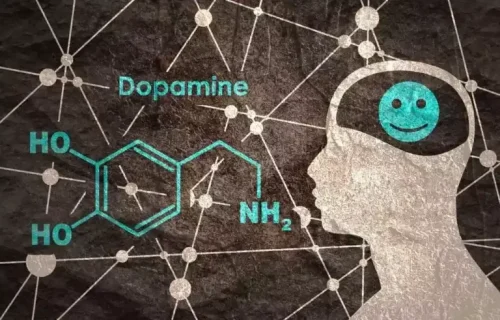
Understanding who is most likely to nose from drinking develop rhinophyma helps healthcare providers identify at-risk individuals and implement appropriate screening and treatment strategies. Other hormonal fluctuations, such as those occurring during pregnancy or with certain medical conditions, can also affect rosacea symptoms. Some research suggests that hormones may influence sebaceous gland activity and inflammation patterns in ways that contribute to the tissue overgrowth seen in rhinophyma.
How Can Alcohol Abuse Cause Nosebleeds?
There have been many names for nose conditions attributed to heavy drinking. A few are gin blossom nose, whiskey nose, drinker’s nose, and red, purple, and blue nose. There is no truth to the idea that a person’s nose color is a reliable indication of alcoholism. It is more likely that a person’s nose that appears red or bluish is related to a medical condition.

Treatment
Alcohol causes inflammation and damage to the digestive system because of the irritation it causes. Reducing alcohol consumption, eating a diet low in fatty and spicy foods, and avoiding irritants are all part of an effective treatment plan. One common culprit that can cause a stuffy nose after drinking wine is sulfites. Sulfites are a group of compounds that naturally occur in wine and are also added during the winemaking what is alcoholism process as a preservative. They help prevent the growth of bacteria and other unwanted organisms and maintain the wine’s freshness. However, some people may have a sensitivity or allergy to sulfites, which can lead to nasal congestion, sneezing, or even respiratory issues.
What Does it Mean If I Have Nasal Congestion After Drinking Alcohol?
These sores often look splotchy, have spider-like veins, or appear acne-like. The consumption of alcohol has been linked to nasal congestion in some people. Alcohol addiction is when someone compulsively seeks and uses alcohol despite adverse consequences.

- Surgery, chemotherapy, and radiation therapy are common treatments for alcohol-related cancers, but the specific choices depend on the kind and stage of the disease.
- Contact us today for a risk-free assessment or to locate a drug and alcohol rehab center near you.
We specialize in dual diagnosis treatment, meaning we are the best equipped to help individuals who have both substance use disorder and another mental illness. Surgical treatment can remove tissue overgrowth, reshape disfigured noses, and minimize the appearance of enlarged blood vessels. It may be completed with a scalpel, laser resurfacing, dermabrasion, or via cryosurgery. Alcohol addiction and alcohol abuse do not directly cause rhinophyma. Yet chronic alcohol abuse can worsen the condition (rosacea), which leads to drinker’s nose when left untreated. Understanding why alcohol causes the nose to flush or redden involves looking at both the immediate effects of alcohol on the body and long-term consequences of heavy drinking.

Visible blood vessels, called telangiectasias, become prominent across the surface of the nose. In advanced cases, the nostrils may become distorted due to the tissue overgrowth, and the tip of the nose can become significantly enlarged. Springbrook Psychiatric Hospital is a 66 bed inpatient mental health facility located in Hernando County. We offer 24-hour psychiatric services provided by licensed professionals in various disciplines. Our hospital offers a variety of programs that can be tailored to patient needs, including an older adult program, dual diagnosis treatment and general psychiatric care. For some individuals with alcohol addiction, it can be more effective to enroll in a treatment program outside of their local community.
- Alcohol is widely consumed for its relaxing and calming effects, but for some individuals, it can have unintended consequences.
- If a person has rhinophyma, that is no indication as to whether they drink or abuse alcohol.
- Pancreatitis is inflammation of the pancreas, and alcoholism is a leading cause of this condition.
- That means someone drinking heavily may show flushed cheeks and an enlarged nose with a red or purple tint if they have rosacea.
- Desistal is a natural nutritional supplement designed to support reducing alcohol intake through promoting wellbeing, maintaining calmness and reducing cravings.
Treatment For Alcohol Use Disorder
Detox often involves a medical environment to help ease alcoholic nose symptoms and withdrawal. Getting a nose from drinking alcohol comes from a severe drinking habit. A nose from drinking alcohol comes with broken capillaries, and eventually, the reddened skin brought on by this becomes semi-permanent. A rhinophyma nose from drinking alcohol causes disfigurement and, potentially, lost job opportunities.
Tips for Managing Rhinophyma
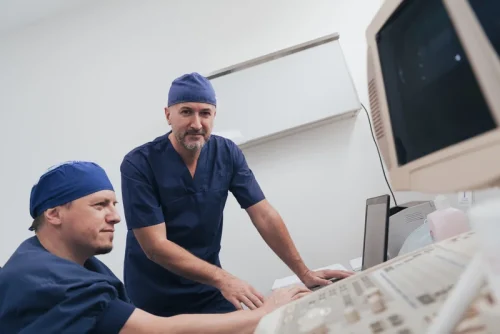
Alongside this precise laser therapy, dermabrasion may be used to remove any remaining damaged tissue. Unfortunately, there is still a stigma surrounding alcohol addiction. Some people judge those with an alcohol use disorder and believe them to be unreliable, unstable and lacking willpower. In many cases, alcoholic nose will improve or even go away completely if you stop drinking alcohol. The most effective way to treat rhinophyma is through surgery to remove the growths and reshape the nose back to its original form.
